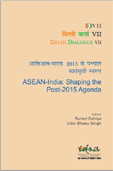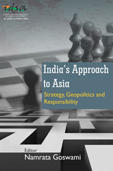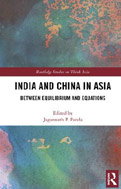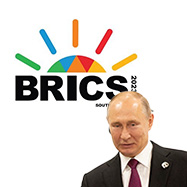Delhi Dialogue VII : ASEAN-India Shaping the Post-2015 Agenda
- Publisher: Pentagon Press
This volume is based on the proceedings of Delhi Dialogue VII held in March 2015. It epitomizes the growing dialogue between India and ASEAN at all levels. Delhi Dialogue brings together practitioners, corporate leaders, opinion makers, academics and journalists, every year, to discuss a wide range of issues of common interest and concern that animate the India - ASEAN relationship. Discussions held at the Delhi Dialogue, subsequent to ASEAN Commemorative Summit issuing the ‘Vision Statement’ in 2012, provide a good insight into the likely scenarios and possible trends in the post-2015 era.
- ISBN 978-81-8274-845-3,
- Price: ?. 995.00
- E-copy available













